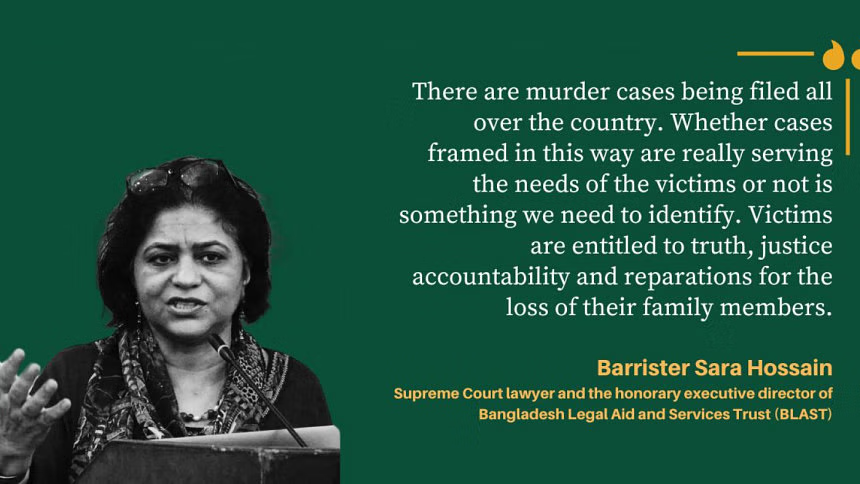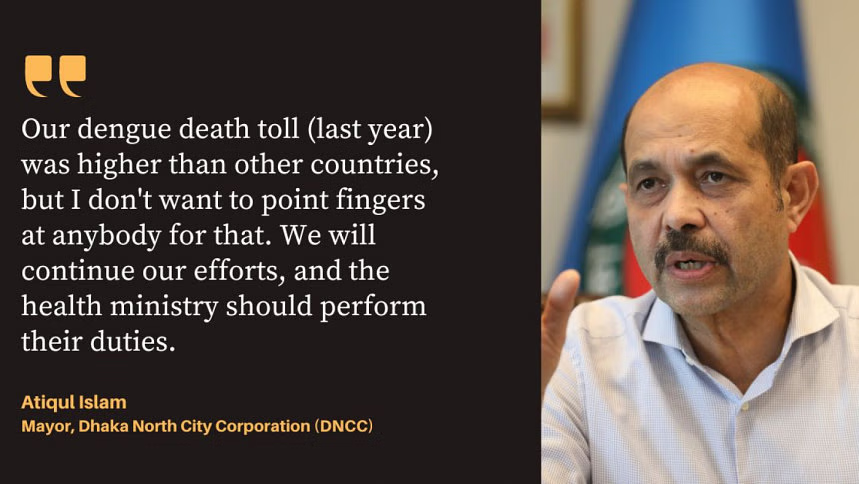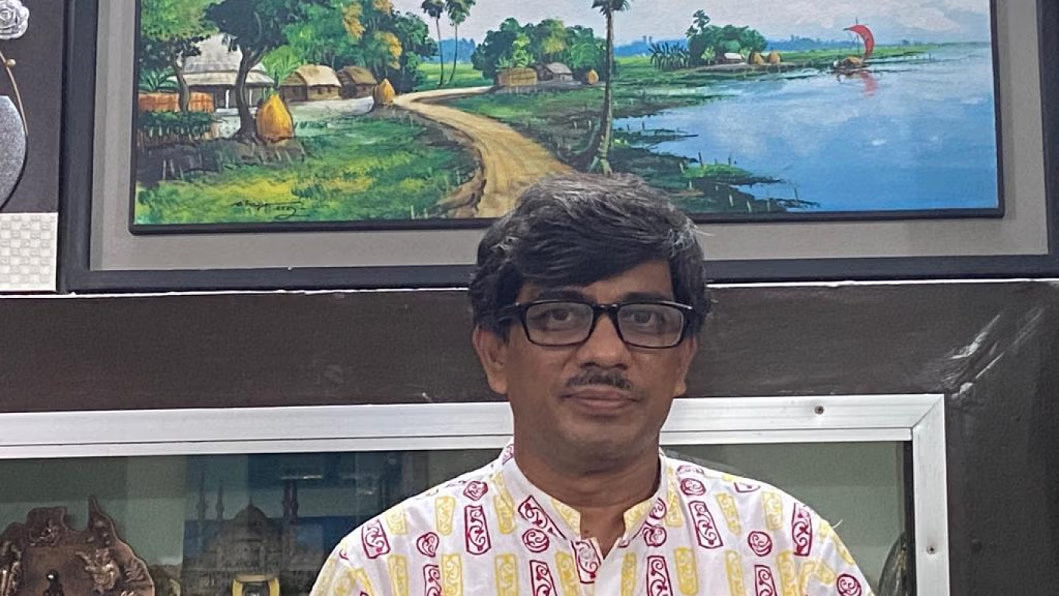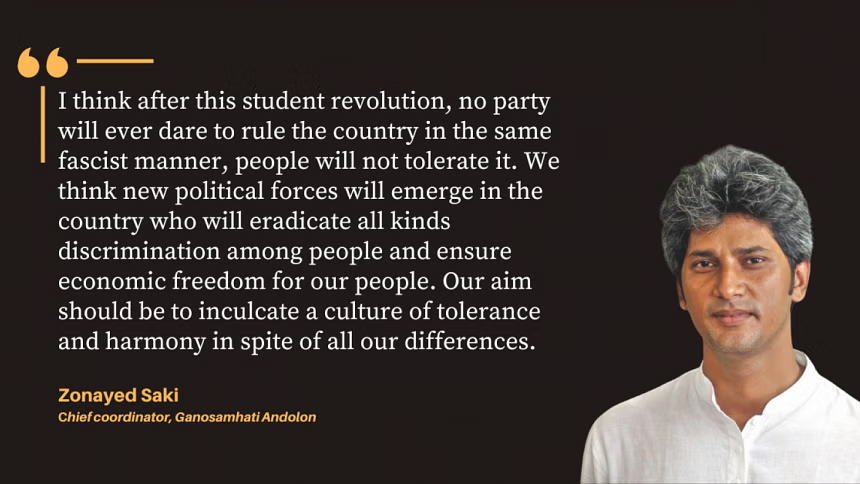
What is your take on the wave of murder cases being filed against Awami League leaders and activists for killing people during the uprising?
From July 15 onwards, a number of really serious human rights violations and crimes occurred. These included extrajudicial killings and indiscriminate use of force including live rounds resulting in the deaths and injuries of hundreds of largely peaceful protesters, including children; arbitrary arrests and detentions, many even from their homes; and torture and ill-treatment in custody. People across the country watched these horrific scenes on television or live on the streets. Under Bangladesh laws, these acts constitute serious crimes and rights violations. It is, therefore, imperative that those responsible for these crimes are held to account—either for their direct involvement in them, or for directing, planning or coordinating them.
That's the context of the few weeks from July 15 onwards. But prior to that, for many years, we've seen other kinds of repression as well, including enforced disappearances. It's good to see that one of the first acts of the interim government has been to set up a commission to inquire into the allegations of enforced disappearances over the last 15 years or so.
During this time, there have also been allegations of systemic judicial harassment of individuals exercising their right to freedom of expression through the arbitrary application of repressive laws such as the Digital Security Act (DSA). We have seen a trigger-happy approach to using all other criminal defamation laws. Alongside that, we have seen how the media engaged in orchestrated hate campaigns (sometimes with the complicity of civil society), including against human rights defenders, academics and others. There's a wide range of issues to take on in seeking justice for the victims of the pervasive abuse of the legal process as well as abuse of power that have taken place in recent years.
Currently, we're seeing a wave of cases, all related to the killings that took place since July 16. They all concern allegations of the murder of one or more individuals. Some seem to be framed in similar terms, and are being filed either before courts or the police by private individuals. According to media reports, the cases refer to the instigators of the killings and mention senior political figures and high officials of the previous government. While they characterise some of these persons as "instigators" and "abettors", it's not clear if they identify the person who directly caused the killings and whose actions resulted in the death or injury of a person. In some instances, the media reported on the challenges victim families have faced to actually file a case. All the cases relate to allegations of murder, which is a cognisable offence, i.e. the police have powers to arrest without needing to get a warrant from a magistrate. There does not seem to be any guideline in place to limit the exercise of these powers.
What can the interim government do in this context?
The government may consider setting up one or more designated contact points for people who were victims of violations, or their family members, to seek assistance, information and advice. There have been very positive pronouncements about the formation of a foundation to assist people and the families of those who've been killed, but it may take time for that to be set up. Similarly, the government has announced a significant initiative to provide free medical assistance to those injured in the protests.
There's a fact-finding mission which is starting its work. There's a commission on enforced disappearances. These two bodies will be able to find and record information, produce documents and reports about what happened, and give us a direction on how people can seek protection going forward. But other contact points are needed because arrests, detentions, and torture won't fall into the terms of reference of the inquiry commission. We don't yet know what will be the full scope of the United Nations investigations.
Would the victims and their families get justice from the plethora of murder cases police filed against AL members?
There are murder cases being filed all over the country. Whether cases framed in this way are really serving the needs of the victims is something we need to identify. Victims are entitled to truth, justice, and reparations for the loss of their family members. It will be a great disservice to the victims if the manner of filing or investigating or conducting these cases results in a denial of justice. Under our law, anyone may file a case. However, there could be a process of scrutiny and assessment before further measures are taken.
In contrast, there are reports that some families of the victims of July killings have faced challenges at police stations. Some have had to wait for eight to ten hours at the police station before their cases were lodged. I've seen a recent government order instructing police stations to record people's complaints and FIRs. It would be helpful if more public information is disseminated about the options available for people to seek justice.


